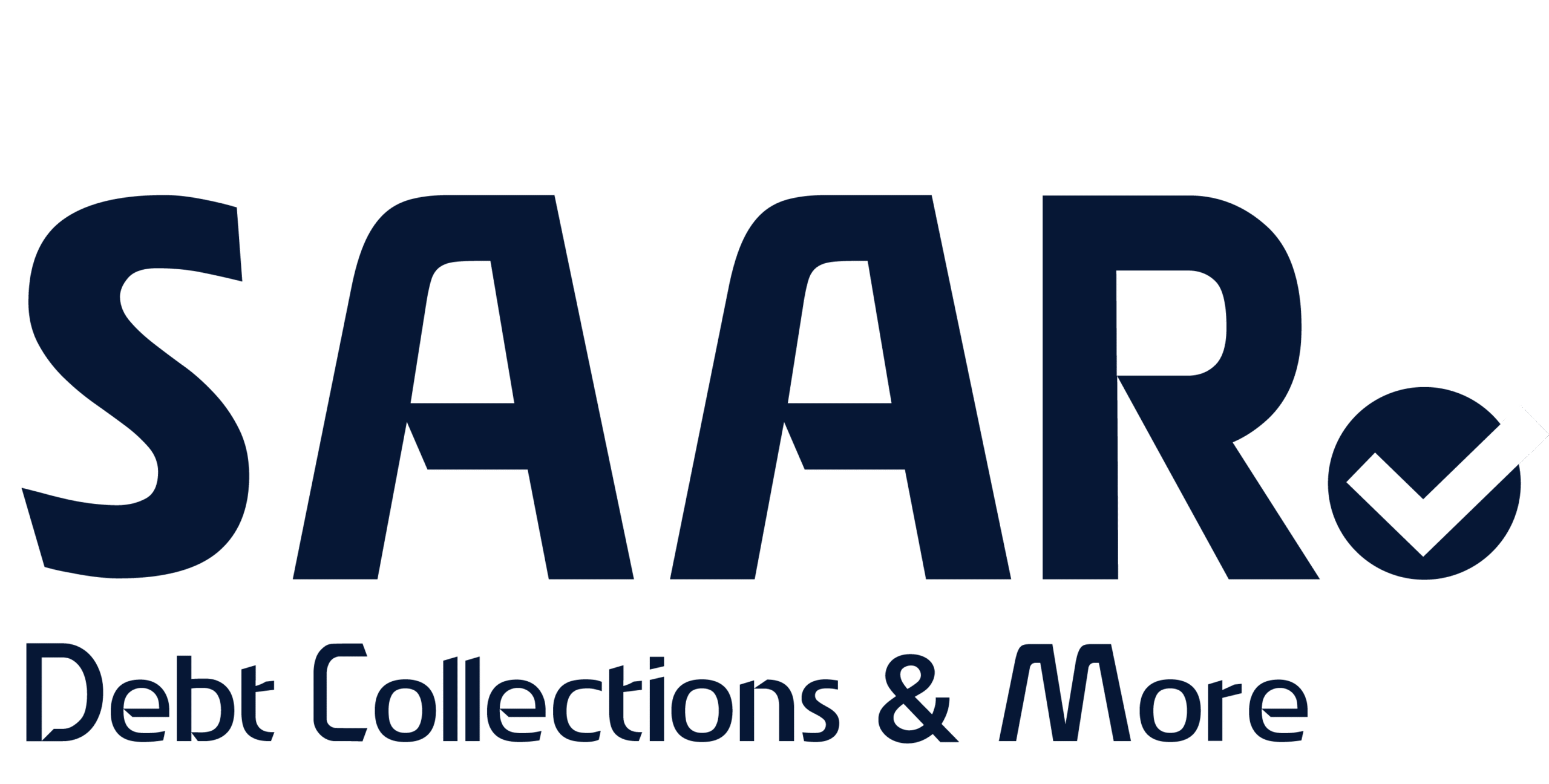Introduction
When payments are delayed, businesses often turn to debt collection agencies to recover their dues.
But a common question arises: Do debt collection agencies have the right to use force or threats to compel payment?
The short answer: No.
Debt collectors are not legally allowed to use physical force, threats, harassment, or coercion. However, there’s a difference between lawful pressure and unlawful intimidation, and this article explores that boundary.
1. What Does “Using Force” Mean in Debt Collection?
“Using force” in this context refers to:
-
Threatening jail time or public shaming without legal basis
-
Repeated and intrusive visits to the debtor
-
Attempting to enter a home or business without permission
-
Sending threatening or abusive messages
-
Pretending to be a law enforcement officer, judge, or government official
All of these tactics are illegal in most countries and can lead to legal action against the collection agency.
2. What Are Debt Collection Agencies Legally Allowed to Do?
✅ They are allowed to:
-
Contact the debtor via respectful and formal channels (calls, email, letters)
-
Send clear legal notices showing the amount owed
-
Negotiate a repayment plan or settlement
-
File a lawsuit if payment is not made
-
Enforce a court ruling through an official enforcement body
❌ They are not allowed to:
-
Threaten the debtor or their family
-
Visit the home or workplace without consent
-
Use physical force or verbal intimidation
-
Publicly share personal debt information
-
Represent themselves as legal officers without authorization
3. Laws in Different Countries Regarding Debt Collection Agencies
| Country | Legally Permitted | Prohibited Practices |
|---|---|---|
| Saudi Arabia | Amicable collection + court action + enforcement | Threats, forced entry, or defamation |
| UAE | Legal communication + lawsuits | Harassment, repeated visits, or threats |
| USA | Governed by FDCPA – formal contact only | Any threat = immediate fine or lawsuit |
| Germany | Licensed collectors only | Psychological pressure or illegal contact |
| France | Requires official authorization + written notices | Threats of jail without court order |
4. What Happens in Practice?
In reality, some unprofessional agencies may:
-
Make frequent and harassing calls
-
Use indirect threats like “You’ll pay, one way or another”
-
Send intimidating letters disguised as legal notices
These are illegal practices, and debtors have the right to file complaints or take legal action against such behavior.
5. How Does “Saar” Handle Debt Collection?
“Saar” strictly adheres to:
-
Using respectful, professional communication first
-
Escalating legally only when amicable solutions fail
-
Contacting debtors only during permitted hours and through formal means
-
Respecting all parties involved and their rights
-
Avoiding any form of coercion, harassment, or unethical behavior
This is why Saar is trusted by clients who value their reputation and legal compliance.
6. What to Do If You Are Threatened by a Debt Collector
-
Request the collector’s name and the name of their agency
-
Document all conversations and messages
-
Do not sign any unclear or suspicious documents
-
Consult a lawyer immediately
-
File a complaint with the appropriate regulatory body in your country
-
Contact the original creditor if necessary to report the issue
Conclusion
Debt collection agencies are not above the law.
They have no right to use force or intimidation to recover money.
Effective debt recovery should be legal, professional, and humane—which is exactly how Saar operates.
📩 Need help collecting debts legally and respectfully?
Contact us today and work with a specialized team that protects both your rights and your reputation.

